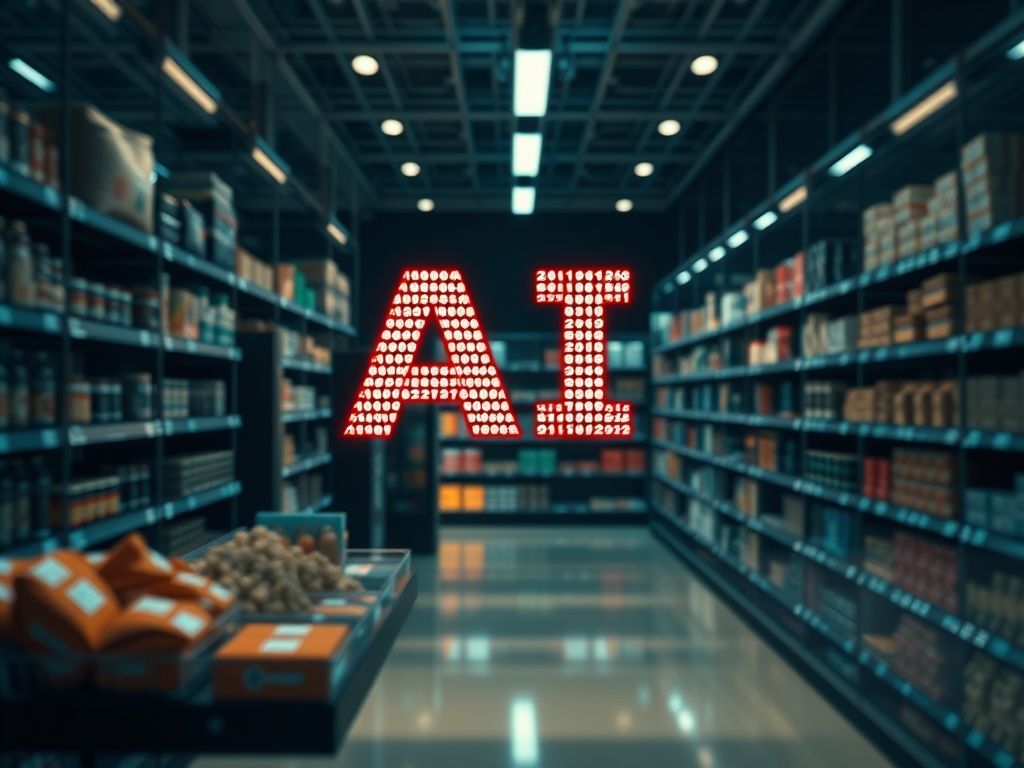Understanding AI in Retail
AI in Retail refers to the application of artificial intelligence technologies within the retail sector to enhance customer experiences, optimize operations, and improve decision-making. This involves using machine learning, data analytics, natural language processing, and robotics to analyze consumer behavior, manage inventory, personalize shopping experiences, and streamline supply chains. As the retail landscape continues to evolve, AI has become a crucial tool for businesses seeking to stay competitive.
The Importance of AI in Retail
In today’s fast-paced retail environment, leveraging AI is essential for businesses aiming to meet customer expectations and drive sales. The integration of AI technologies enables retailers to:
- Enhance Customer Experience: AI solutions can analyze customer data to provide personalized recommendations and tailored marketing strategies.
- Optimize Inventory Management: By predicting demand, AI helps retailers maintain optimal stock levels, reducing waste and ensuring product availability.
- Improve Operational Efficiency: Automating repetitive tasks through AI reduces labor costs and minimizes human error.
- Drive Sales Growth: With targeted promotions and improved customer insights, retailers can boost conversion rates and increase revenue.
Key Applications of AI in Retail
Here are some of the most significant applications of AI in the retail sector:
1. Personalization and Customer Insights
AI tools analyze shopping patterns and customer preferences to deliver personalized experiences. For example, online retailers like Amazon utilize AI algorithms to recommend products based on previous purchases and browsing history. This targeted approach not only enhances customer satisfaction but also increases the likelihood of repeat purchases.
2. Chatbots and Virtual Assistants
Chatbots powered by AI provide immediate customer support, answering queries and assisting with purchases. Retailers like H&M use chatbots on their websites to guide customers through their shopping journey, offering style advice and product recommendations.
3. Inventory Management and Demand Forecasting
AI assists retailers in managing inventory by predicting demand fluctuations. Companies like Walmart utilize machine learning to analyze historical sales data, weather patterns, and regional events to forecast product demand accurately. This helps in reducing stockouts and overstock situations.
4. Visual Recognition and Smart Shelves
AI-powered visual recognition technology enables retailers to monitor shelf stock levels in real-time. For instance, companies like Kroger implement smart shelves that use cameras and AI to track inventory, ensuring products are always available and reducing the need for manual checks.
How to Implement AI in Retail: Practical Steps
For retailers looking to embrace AI, here are some practical steps:
- Assess Your Needs: Identify areas where AI can add value, such as customer service, inventory management, or marketing.
- Choose the Right Tools: Evaluate AI solutions that fit your business size and budget. Popular options include Google Cloud AI, IBM Watson, and Salesforce Einstein.
- Invest in Data Management: Ensure you have a robust data management system to collect, store, and analyze customer data effectively.
- Train Your Staff: Provide training for your team on how to leverage AI tools effectively and understand the insights generated.
- Monitor and Optimize: Regularly assess the performance of AI applications and adjust strategies based on data-driven insights.
Challenges and Considerations
While AI presents numerous benefits, retailers must also navigate several challenges:
- Data Privacy: Ensuring customer data is protected and used ethically is paramount, particularly with increasing regulations around data privacy.
- Integration: Integrating AI systems with existing technologies can be complex and requires careful planning and resources.
- Cost: Implementing AI can be costly, and small businesses may struggle to justify the investment without a clear ROI.
Related Concepts in AI and Retail
Understanding AI in retail also involves recognizing related concepts:
- Big Data: The massive amounts of data generated by consumers that AI analyzes to glean insights.
- Machine Learning: A subset of AI focused on developing algorithms that allow computers to learn from and make predictions based on data.
- Robotics: The use of robots in retail settings for tasks like inventory management and customer service.
Conclusion: The Future of AI in Retail
AI in retail is not just a trend; it’s an essential component of modern retail strategies. By harnessing the power of AI, retailers can enhance customer experiences, optimize operations, and drive sales. As technology continues to evolve, those who embrace AI will likely lead the way in creating innovative shopping experiences that cater to the needs and preferences of consumers.
Reflect on Your Retail Strategy: Consider how AI can transform your retail operations and customer engagement. Are you ready to integrate AI solutions into your business for a competitive edge?









